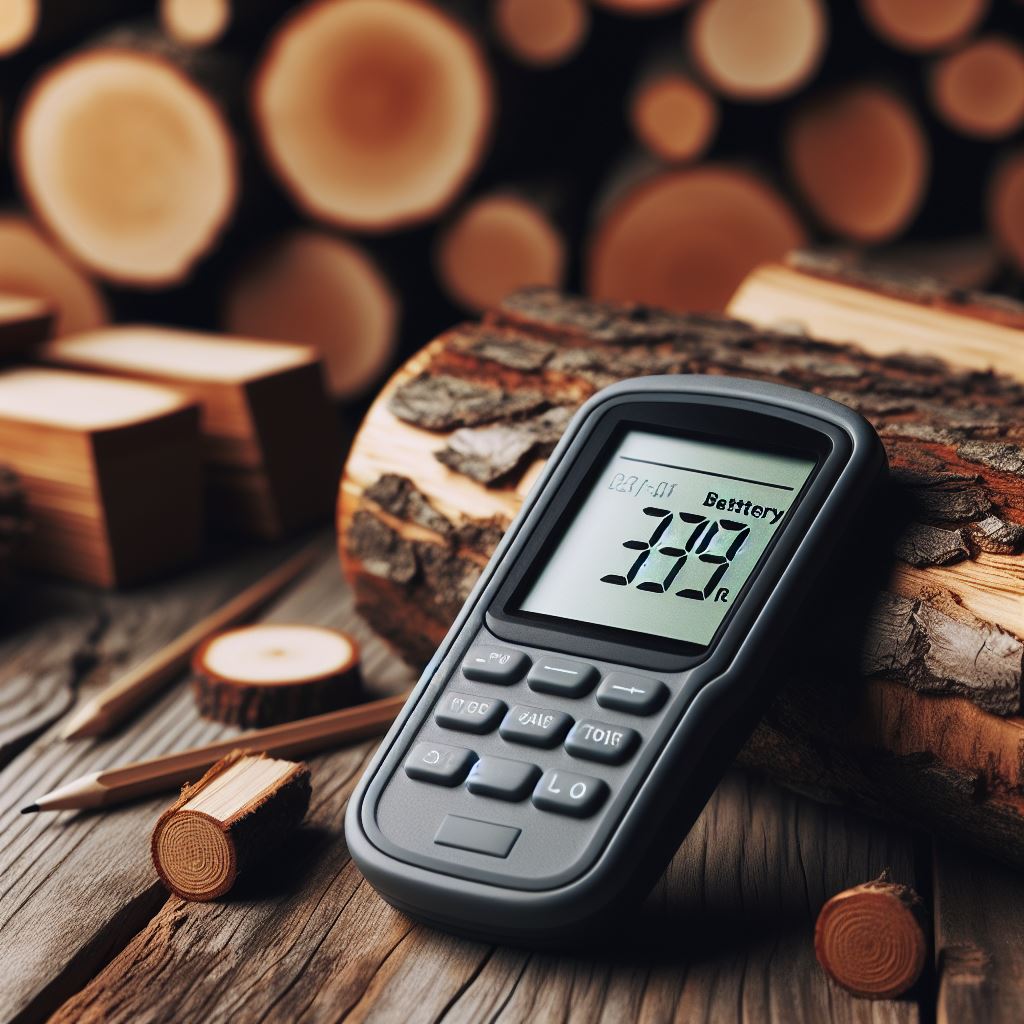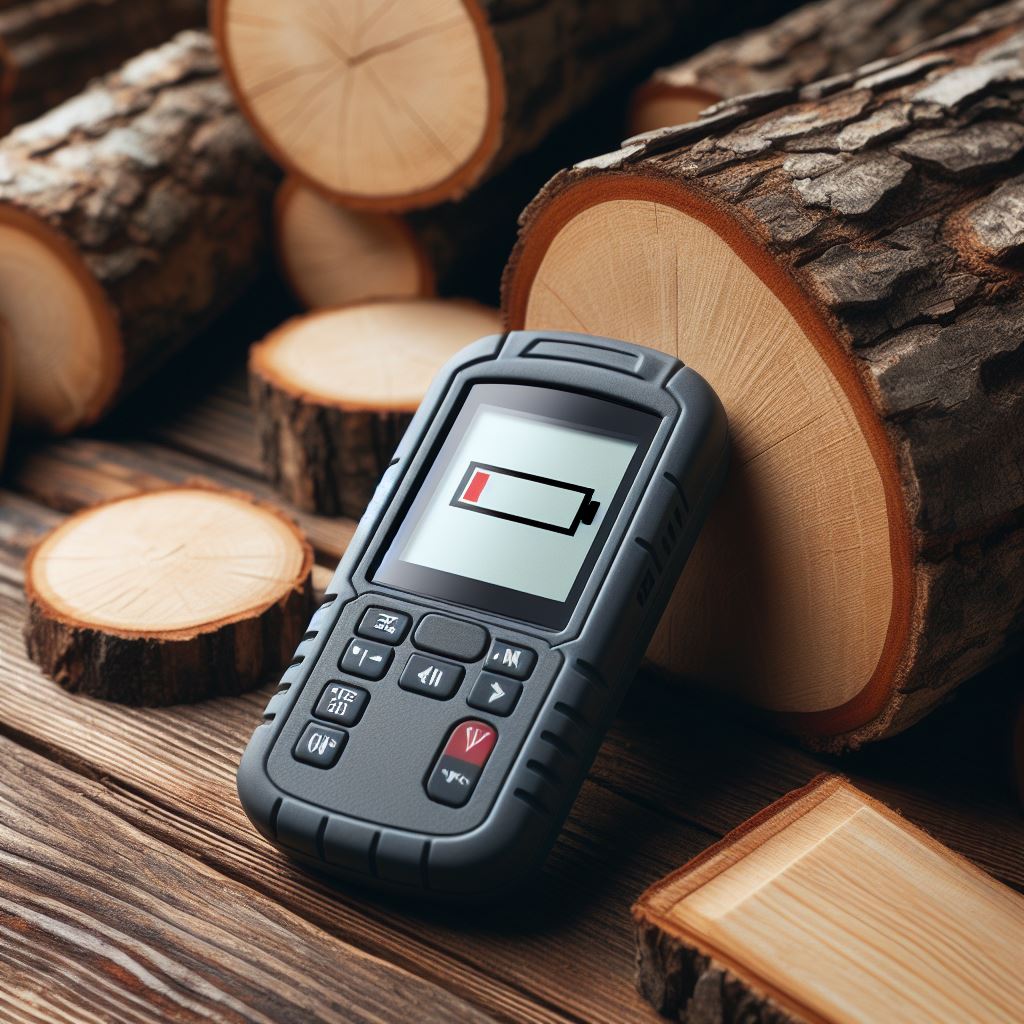The Importance of Using a Digital Moisture Meter for Home Inspections
Home inspections are an essential part of the home buying process. They provide potential buyers with a comprehensive assessment of the property’s condition, helping them make informed decisions. One crucial aspect of a home inspection is checking for moisture issues. Moisture problems can lead to structural damage, mold growth, and other costly repairs. To accurately assess the moisture levels in a home, it is essential to use a digital moisture meter.

A digital moisture meter is a handheld device that measures the moisture content in various materials, such as wood, drywall, and concrete. It works by sending an electrical current through the material and measuring the resistance. The higher the resistance, the drier the material, and vice versa. This technology provides a quick and accurate way to detect moisture problems in a home.
One of the main advantages of using a digital moisture meter is its ability to detect hidden moisture. Moisture issues are not always visible to the naked eye, especially in areas such as behind walls or under flooring. By using a moisture meter, home inspectors can identify hidden moisture problems before they become major issues. This can save homeowners from costly repairs down the line.
Another benefit of using a digital moisture meter is its ability to provide quantitative data. Unlike visual inspections, which rely on subjective observations, a moisture meter provides precise measurements. This data can be recorded and compared over time, allowing homeowners to monitor moisture levels and identify any changes or trends. This information is invaluable in preventing moisture-related problems and maintaining a healthy home environment.
Furthermore, a digital moisture meter can help determine the source of moisture problems. By measuring moisture levels in different areas of a home, inspectors can pinpoint the areas with the highest moisture content. This information can help identify the source of the moisture, such as a leaky pipe or inadequate ventilation. Once the source is identified, appropriate measures can be taken to address the issue and prevent further damage.
Using a digital moisture meter also adds credibility to the home inspection process. Potential buyers are more likely to trust a thorough inspection that includes the use of advanced tools and technology. By using a moisture meter, home inspectors demonstrate their commitment to providing accurate and reliable information. This can give buyers peace of mind and confidence in their decision-making process.
In conclusion, the use of a digital moisture meter is crucial for home inspections. It allows for the detection of hidden moisture, provides quantitative data, helps determine the source of moisture problems, and adds credibility to the inspection process. By investing in a digital moisture meter, home inspectors can provide a more comprehensive assessment of a property’s condition, helping buyers make informed decisions. Ultimately, this tool can save homeowners from costly repairs and ensure a safe and healthy living environment.
How to Choose the Right Digital Moisture Meter for Accurate Home Inspections
A digital moisture meter is an essential tool for accurate home inspections. It helps identify moisture levels in various materials, such as wood, drywall, and concrete. This information is crucial for detecting potential issues like water damage, mold growth, and structural problems. However, with so many options available in the market, choosing the right digital moisture meter can be overwhelming. In this article, we will discuss the key factors to consider when selecting a digital moisture meter for home inspections.
Firstly, it is important to consider the type of material you will be testing. Different moisture meters are designed to measure moisture in specific materials. For example, if you primarily inspect wood structures, you will need a moisture meter specifically calibrated for wood. On the other hand, if you frequently inspect concrete or drywall, you should opt for a moisture meter that can accurately measure moisture in these materials. Therefore, understanding the materials you will be working with is crucial in choosing the right digital moisture meter.
Secondly, accuracy is a critical factor to consider when selecting a digital moisture meter. The accuracy of a moisture meter is determined by its measurement range and the technology it uses. Look for a moisture meter that has a wide measurement range to ensure it can detect both high and low levels of moisture accurately.
Additionally, consider the technology used by the moisture meter. Some meters use pin-type technology, which requires inserting pins into the material being tested. This type of meter provides accurate readings but may leave small holes in the material. On the other hand, pinless meters use electromagnetic signals to measure moisture without damaging the material. While pinless meters are convenient, they may not provide the same level of accuracy as pin-type meters. Therefore, it is important to weigh the pros and cons of each technology based on your specific needs.
Another important factor to consider is the display and user interface of the moisture meter. A clear and easy-to-read display is essential for accurate readings. Look for a moisture meter with a backlit display that can be easily read in different lighting conditions. Additionally, consider the user interface of the moisture meter. It should be intuitive and user-friendly, allowing you to navigate through different settings and options effortlessly. A complicated user interface can lead to errors and inaccurate readings, so it is important to choose a moisture meter that is easy to use.
Lastly, consider the overall build quality and durability of the moisture meter. Home inspections can be demanding, and your moisture meter should be able to withstand the rigors of the job. Look for a moisture meter that is made from high-quality materials and has a sturdy construction. Additionally, consider the warranty offered by the manufacturer. A longer warranty period indicates the manufacturer’s confidence in the durability and reliability of their product.
In conclusion, choosing the right digital moisture meter is crucial for accurate home inspections. Consider the type of material you will be testing, the accuracy of the moisture meter, the display and user interface, and the overall build quality and durability. By carefully evaluating these factors, you can select a digital moisture meter that meets your specific needs and ensures accurate and reliable moisture readings during home inspections.

[…] By detecting excessive moisture, inspectors can identify potential water damage or mold growth. Moisture meters come in different types, including pin-type and pinless meters. Pin-type meters require the […]
[…] measurements, allowing home inspectors to identify even the smallest discrepancies. For example, a digital moisture meter can detect moisture levels in various materials, such as wood or drywall. This information is […]